Highlighting Inequalities: Stories from our 2023 Data Journalism Fellows
Data-driven journalism is a powerful tool to uncover hidden patterns of inequality and demand action and accountability. This is particularly true, when journalism is fueled by disaggregated data, providing deeper insight into the often overlooked and intersecting disparities faced by marginalised communities. Paired with compelling storytelling, this data has the power to move decision-makers to act and empower advocates with the evidence needed to hold them to account.
Equal Measures 2030 believes that strengthening the capacity of journalists to use gender data and data-driven advocacy in their storytelling is a critical aspect of advancing progress on gender equality across the Sustainable Development Goals (SDGs) by 2030. This is why we teamed up with Salesforce to provide the Fellowship for Data Journalists. In 2023, we rolled out the second iteration of this fellowship providing 11 journalists and gender equality professionals from across Latin America with training, support, a two-year Tableau software license, access to EM2030’s SDG Gender Index data and a US$1,500 grant to support their work on a data journalism project.
Overcoming Data Gaps
Despite having support, fellows encountered the persistent issue of data gaps. Many journalists used access to information requests to get to their databases and once received, they found that they were incomplete, in a non-open format and therefore impossible to reuse. Or even worse, they received information that was not what they had requested.
None of that stopped these women who, like Jody García, knocked on the doors of the agency in charge of registering school dropouts over and over again, or Omarela Depablo who sent endless emails to DANE to understand why some questions were discontinued in the immigration survey. Through their perseverance and dedication to uncover hidden stories, all our fellows were ultimately able to find usable data and sources, producing innovative and high-quality reports.
The stories produced by these journalists during this fellowship underscore the importance of collecting gender-disaggregated data and equipping advocates and journalists with the tools to transform the data into narrative. We are incredibly proud of their efforts in bringing underrepresented issues and the voices of historically underserved communities to the fore. Here are some of their stories:
María José Longo Bautista, Guatemalan journalist
María conducted her research on maternal mortality in Guatemala over the past decade, utilizing vital records and Ministry of Education data. She discovered a significant correlation between low levels of education among women and maternal mortality rates. Using georeferenced Tableau tools, she mapped the departments where these correlations were significant. Her analysis also delved into teen maternal mortality rates, revealing gaps in health resources and comprehensive sexual education provision in schools. Finally, she focused on the orphans left by mothers, an avoidable tragedy. Her findings were published in a prestigious research journalism outlet called “Agencia Ocote”.
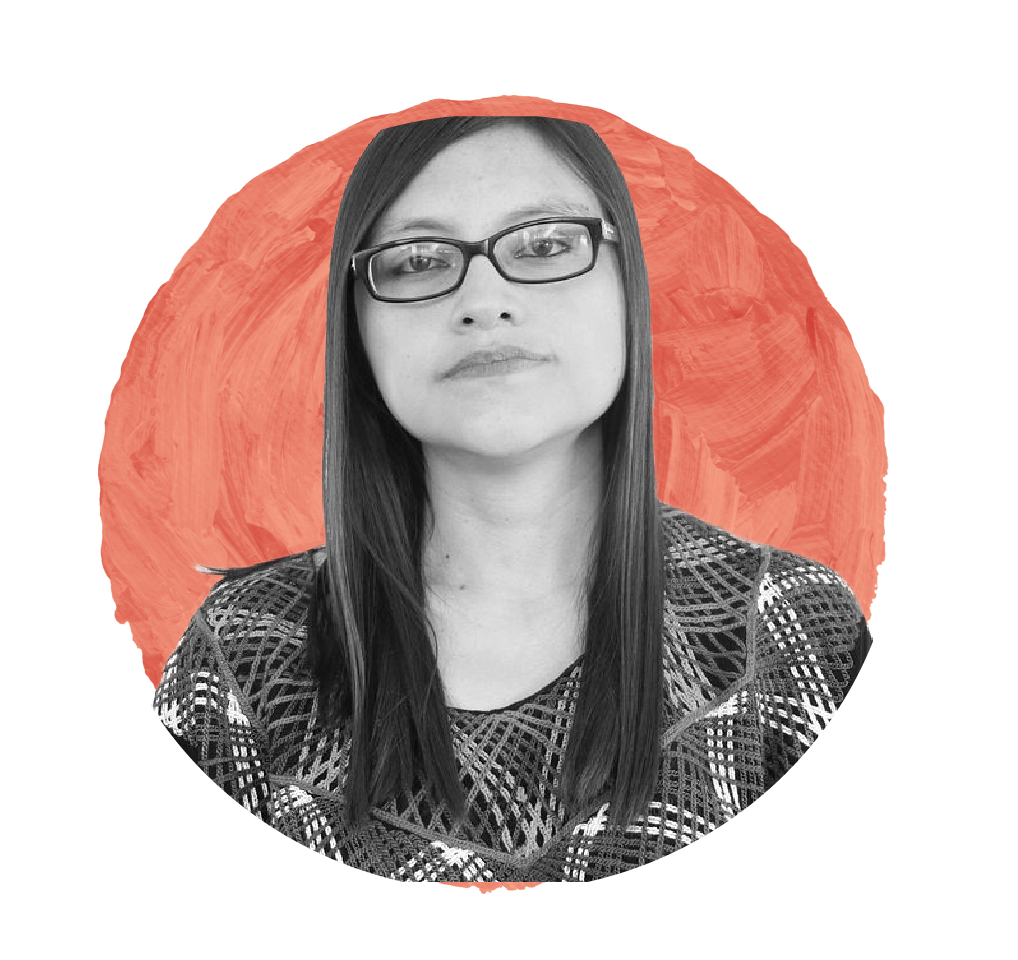
Maternal deaths in Guatemala, and maternal deaths according to access to education – María José Longo Bautista

Mariana Guerrero Álvarez, Colombian journalist.
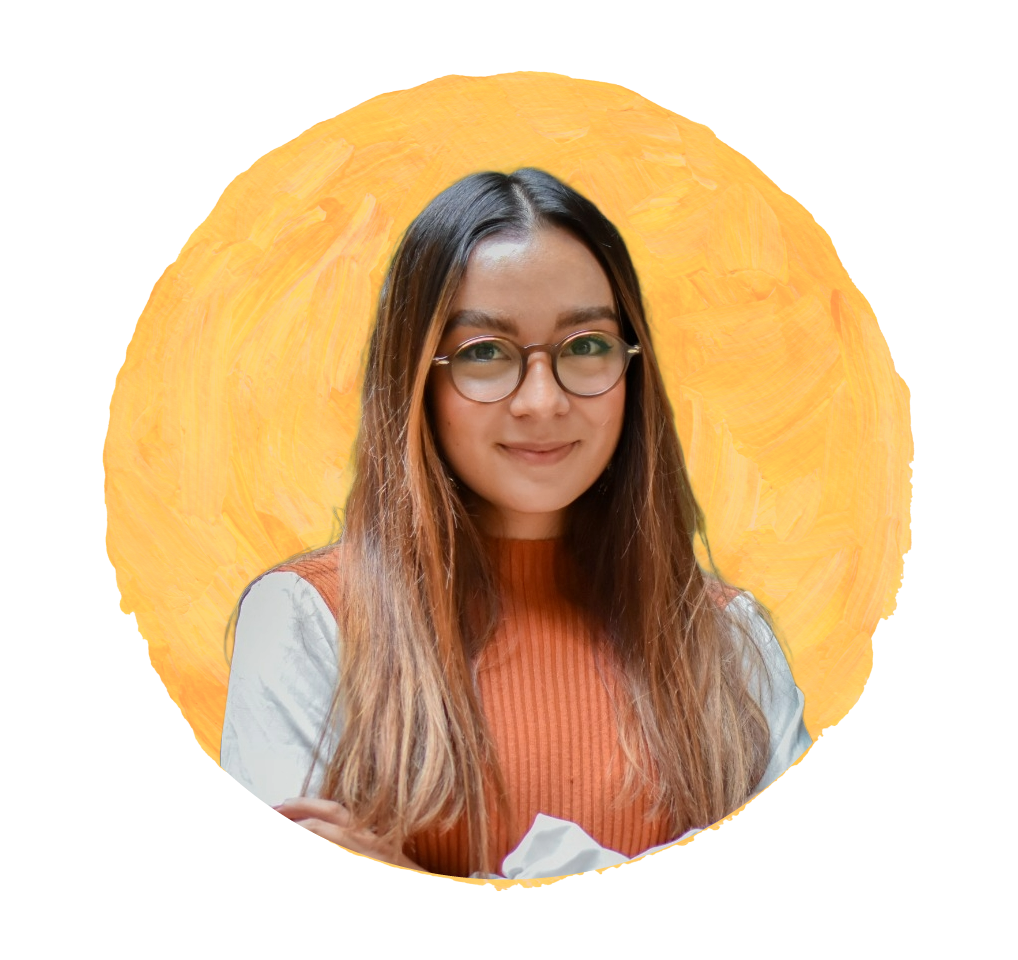
Mariana focused on the impact of climate change in Colombia from a gender perspective, illustrating the daily struggles caused by droughts in fisheries and agriculture and the consequences of poverty, malnutrition, and other health-related problems in these territories. She also covered the constraints faced by women in participating in decision-making spaces, despite their extensive knowledge of ancestral practices for caring for nature and resisting climate change. Her report was published digitally and in print by the main Colombian newspaper El Tiempo.
Laura María Castañeda, Colombian journalist.
Laura focused her research on the impacts of climate change on displaced women in Colombia but encountered many difficulties in accessing sufficient data. Her research takes into account the macro impacts of climate change on women’s health, poverty, and food insecurity. Read it here: El cambio climático tiene rostro de mujer
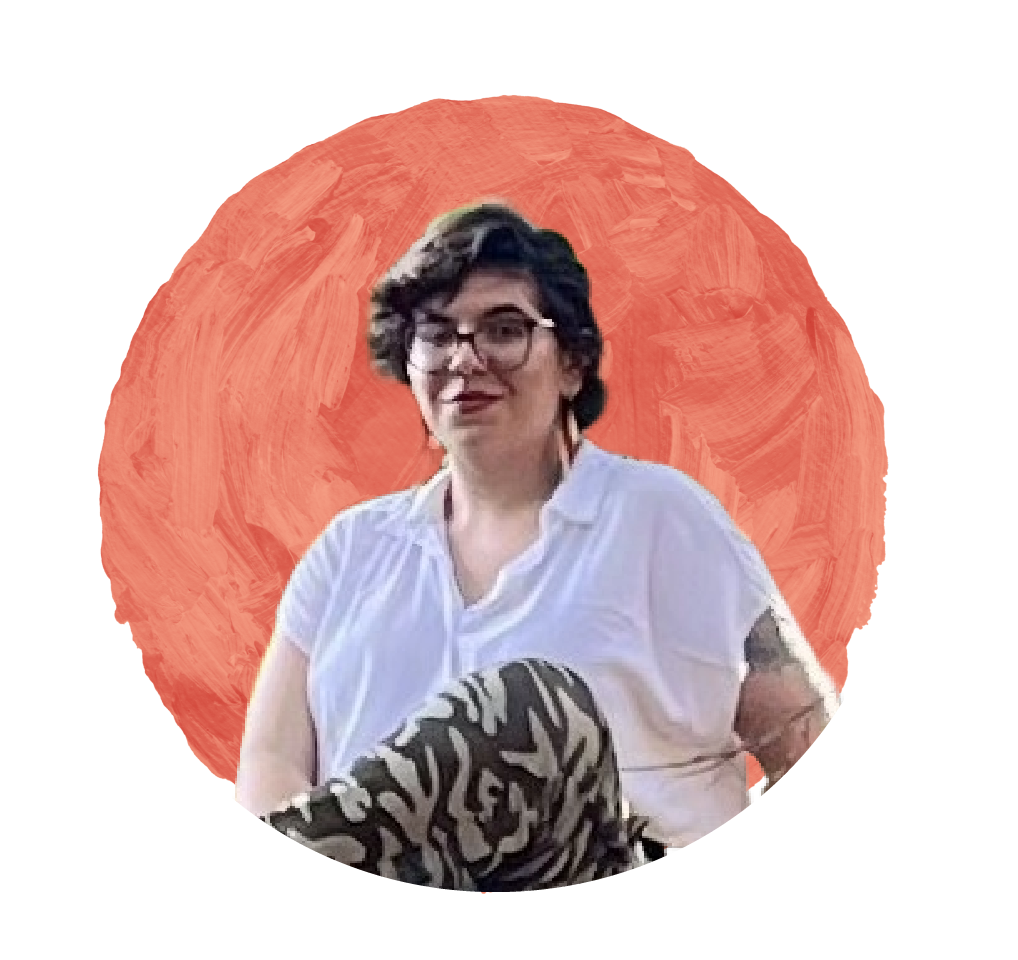
Jovanna Mariám García Contreras, Guatemalan journalist.

Jovanna used an extensive database to draw a correlation between teenage pregnancies among girls and school dropouts. Georeferencing the data through Tableau allowed her to identify the critical situation of this phenomenon in certain departments, such as Verapaz. Her report is published in “No Ficcion”.
Magda Lorena Cortés Moreno, Colombian journalist.
Magda investigated the role of women and the LGBTQ+ community in the department of Boyacá, Colombia, in defending their territories to avoid their forced migrations due to conflict. She produced a multimedia report published in the media organisation that she co-founded called “Y a mí qué”.

Omarela Depablos, Venezuelan journalist.
Omarela Depablo’s research was published in Crónica Uno and focused on the constraints faced by Venezuelan migrant women in Colombia’s labour market. In particular, she highlighted:
- the gender gap among migrants
- the impact of traditional gender stereotypes and prejudices which confine women to care-related jobs and exclude them from formal job opportunities
- the barriers to accessing formal residence documents, compounded by xenophobia, which make it very difficult for women to integrate and progress in Colombia.
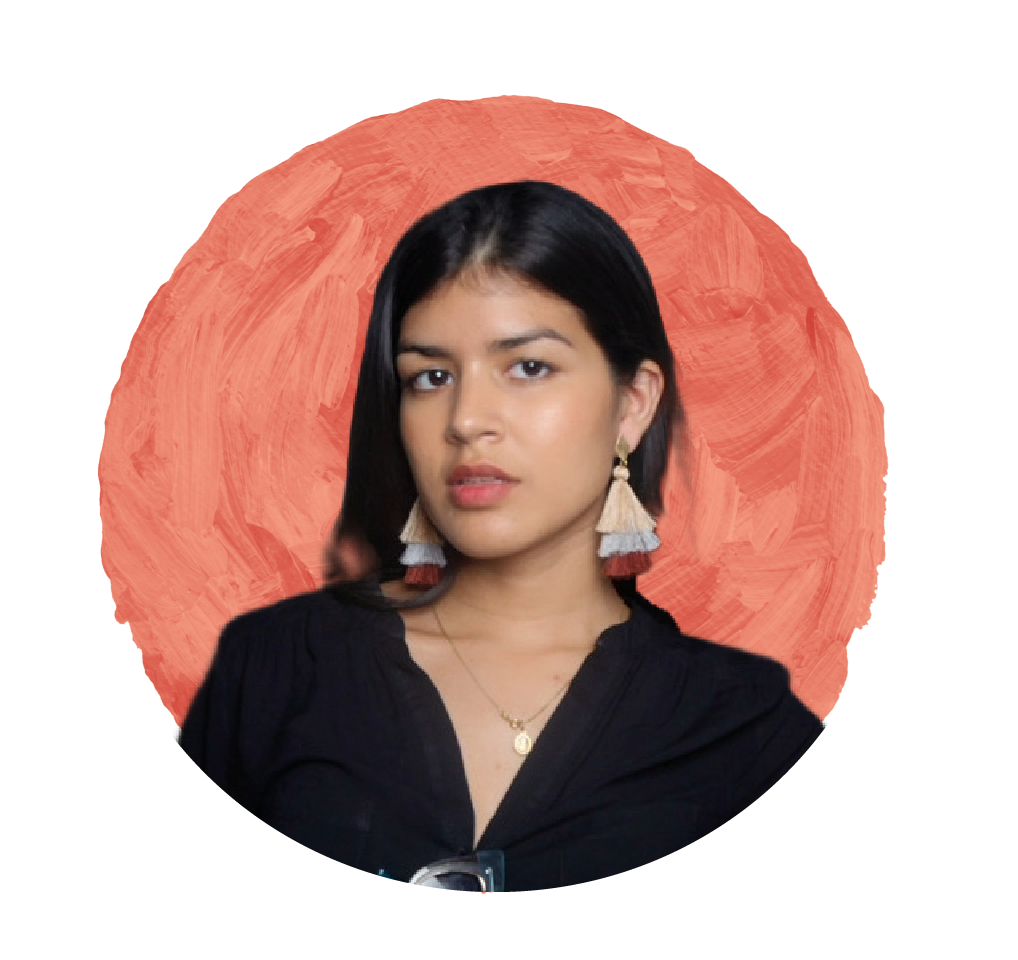
Barriers to obtaining formal employment for Venezuelan migrants in Colombia – Omarelo Depablos

Jody Estefany García, Guatemalan journalist
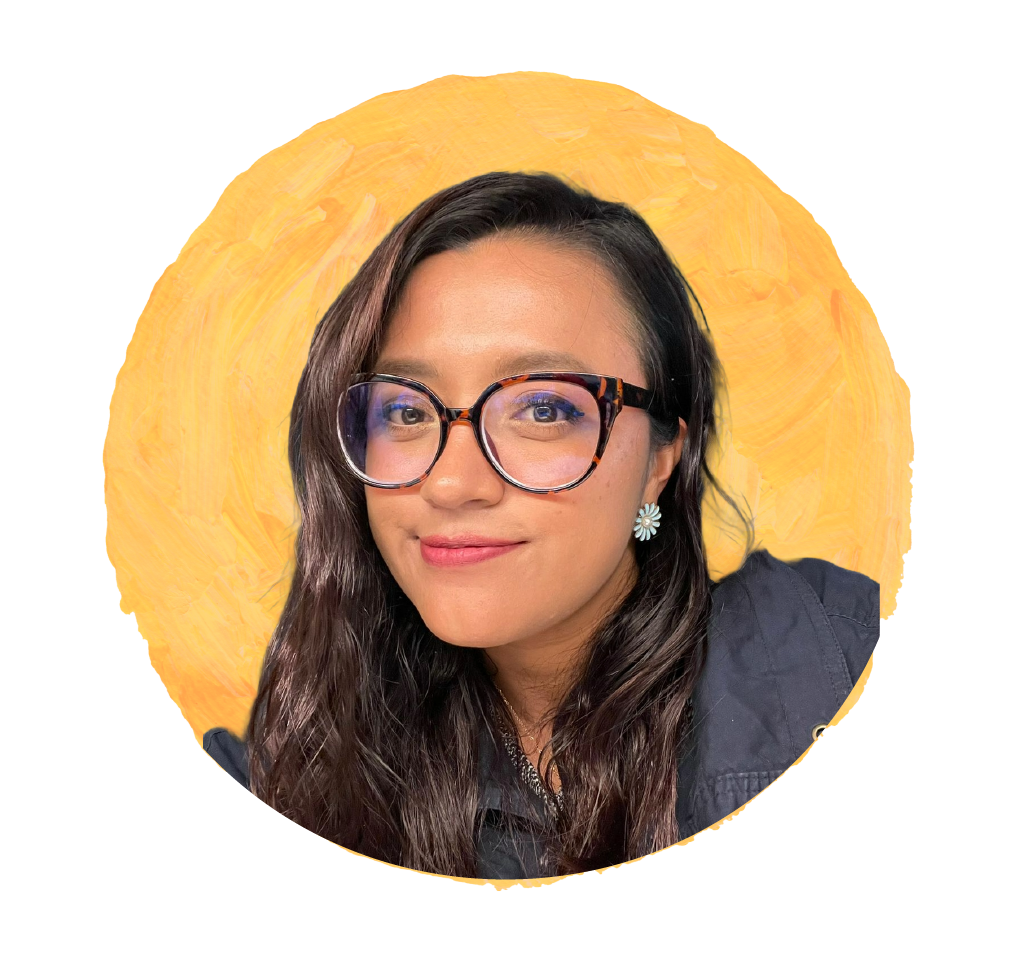
Jody uncovered hidden dismissals and case filings under the cover of efficiency in addressing gender-based violence. Her research encompasses various forms of gender-based violence, including femicides, economic gender-based violence, and violence against minors, revealing alarming rates of impunity – with 80%, 92%, and 48% of these crimes respectively not facing legal consequences. Her forthcoming report will be published by “Plaza Pública”.
Milena Paramo, Colombian activist and CLADEM’s Regional Coordinator in Latin America.
Executive Director at CLADEM, researched the evolution of young girls’ pregnancies, particularly in the 10 to 14-year-old group during the period 2008-2017. This was part of work initiated by CLADEM on girl mothers and forced child motherhood in LAC. This research aims to shed light on a problem that is little known and worked on in the region and to promote changes in the short term through the data driven advocacy work that CLADEM does in the region. Her report will be published in CLADEM’s website.
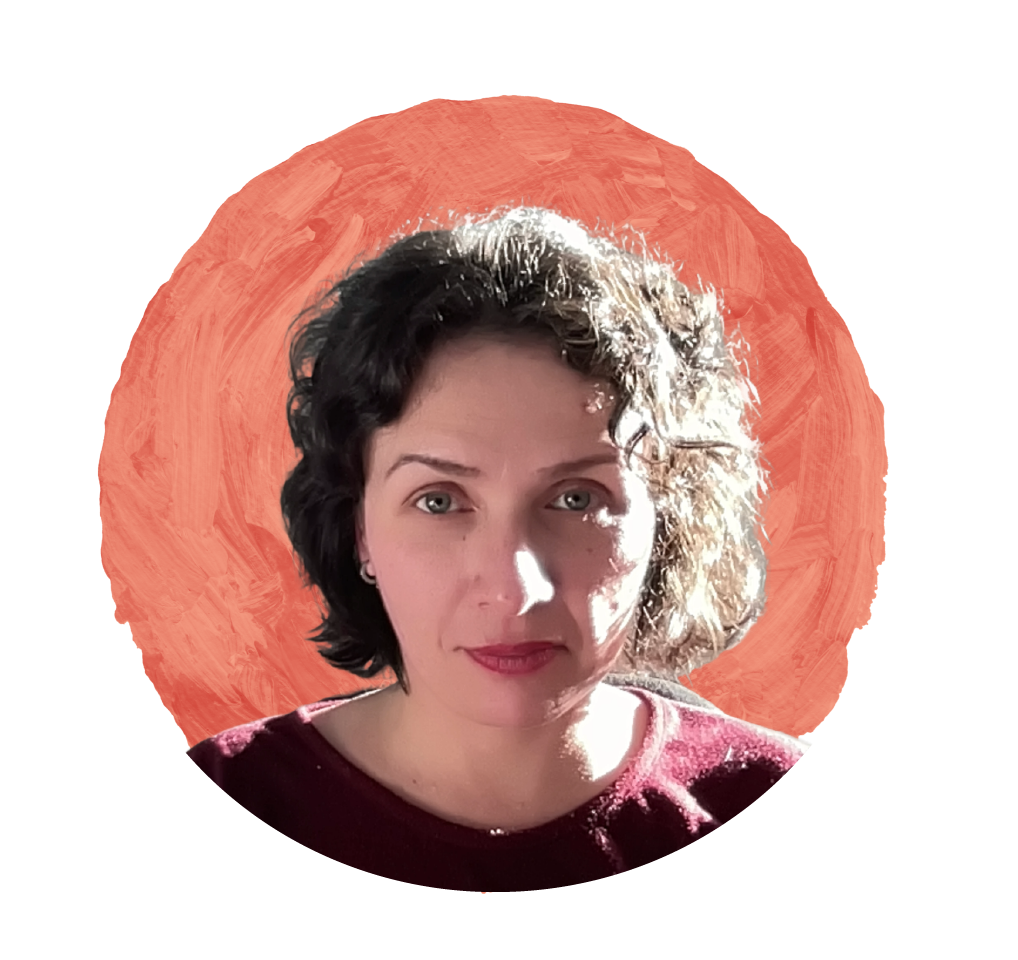
Shidhjmatnj Pardo Bohórquez (Shima), Programme Coordinator at La Ruta Pacifica de las Mujeres, in Colombia
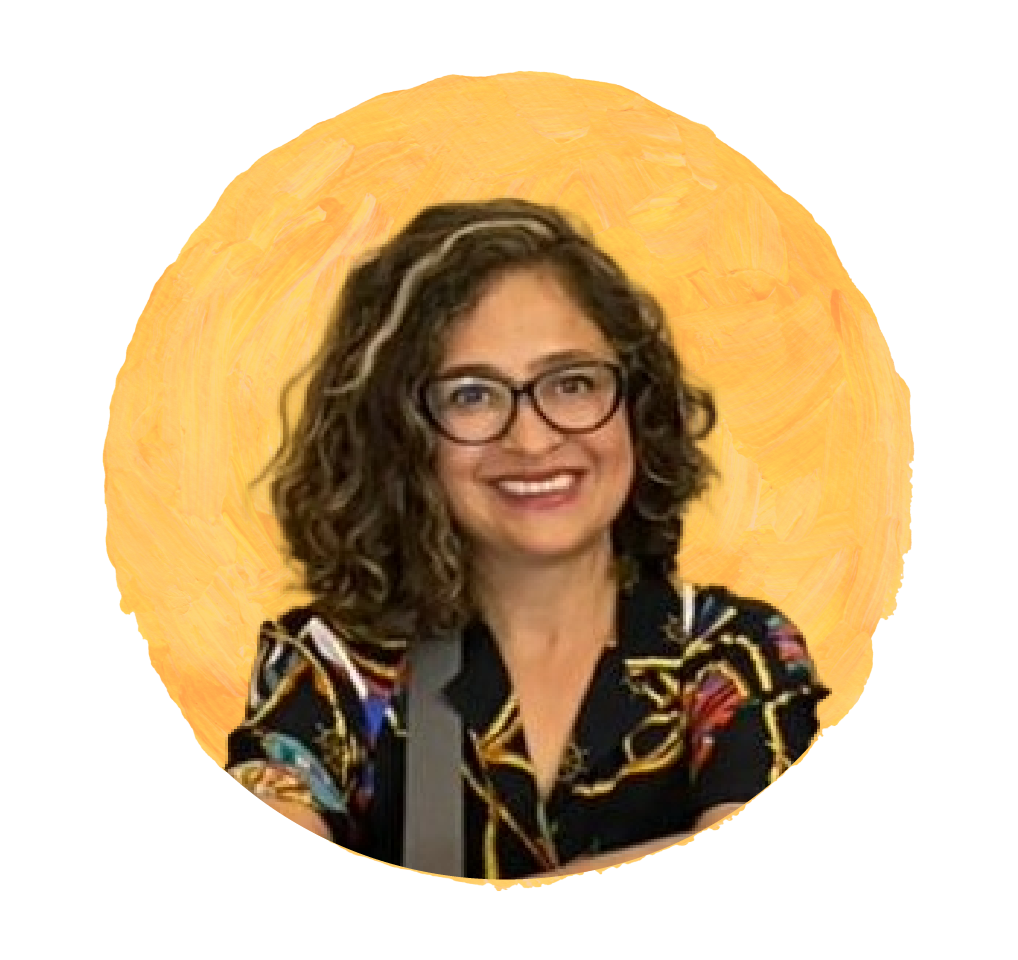
Shima, Coordinator of La Ruta Pacífica de las Mujeres, produced a piece regarding peacebuilding among the organizations that compose La Ruta Pacífica, analysing the factors behind the success of these experiences and how they contributed to different SDGs. The analysis was critical for her to understand what resources the organization can facilitate to promote more successful experiences. Her report was published on La Ruta Pacífica de las Mujeres’ website.
The experiences of women in peace-building – Shidhjmatnj Pardo Bohórquez

Danessa Luna Guatemalan activist and a women’s human rights defender at Asogen.
Danessa, Executive Director of ASOGEN, used data from the Judicial Branch to investigate the challenges faced by women victims of violence in accessing justice. Her analysis revealed a pattern of dismissals, particularly in cases of sexual violence and femicides, driven by discretionary criteria. Danessa’s research, published on ASOGEN’s Facebook plays a vital role in advocating for justice reform and monitoring the Judiciary’s actions during the government’s transition period.
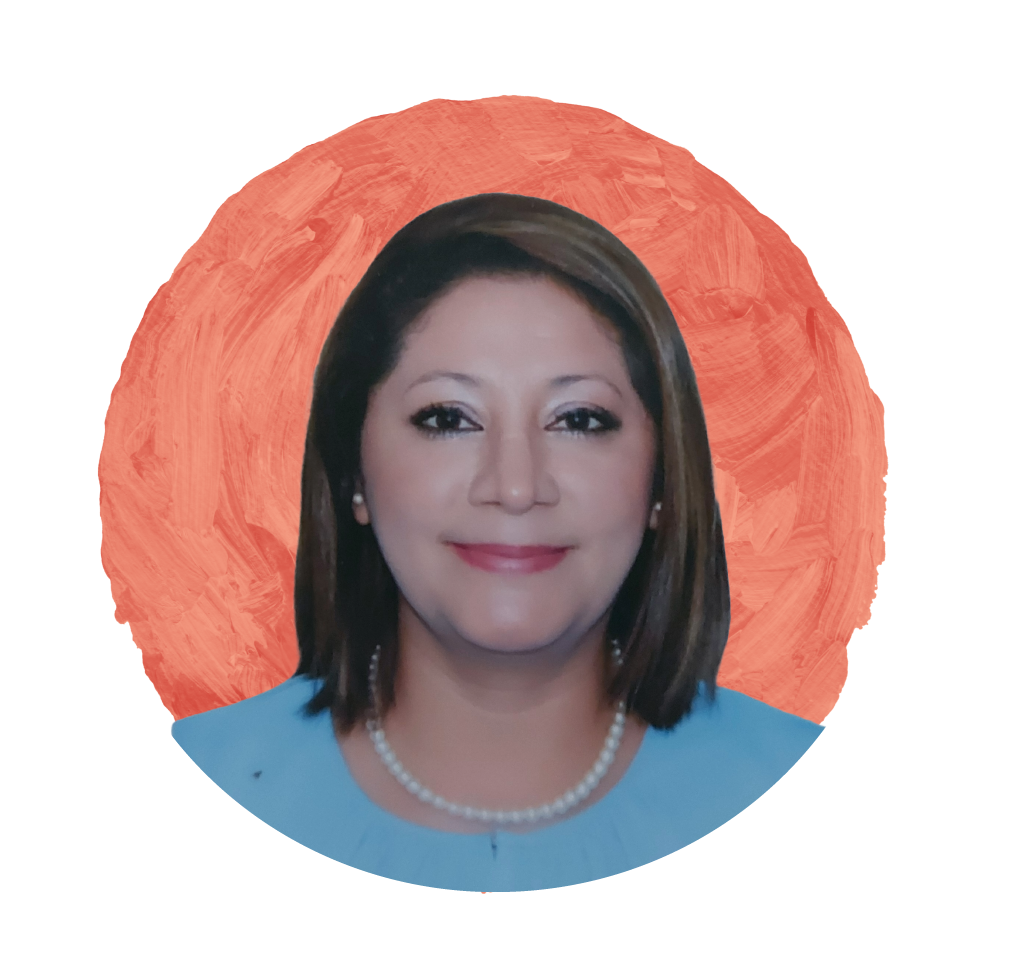
We are incredibly proud of the fellows and the stories they have been able to produce throughout this process, as well as the network and support they have provided one another. As Marisa Miodosky, our senior advisor to the LAC region and coordinator of this fellowship noted:

The process was incredibly rewarding because of the networks of sisterhood that were spread among the participants. The fellows were with each other both to overcome frustrations with the challenges posed by Tableau as well as to share in the success of finding a valuable testimony. They were also accompanied in their moments by challenges typical of their conjunctures such as inclement weather, the difficulty in accessing data for political reasons and the voluntary or forced migrations that many of them went through.
We hope the stories produced by the fellows move you as much as they have moved us, and that you continue following their work as they put their data-driven storytelling skills into action. Whilst the world is not on track to achieve gender equality by 2030, these stories shine a light on where we need to focus our attention, funding and action.
Learn more about our data journalism fellowship here: https://equalmeasures2030.org/data-fellowship/salesforce-em2030-fellowship-for-data-journalists/



